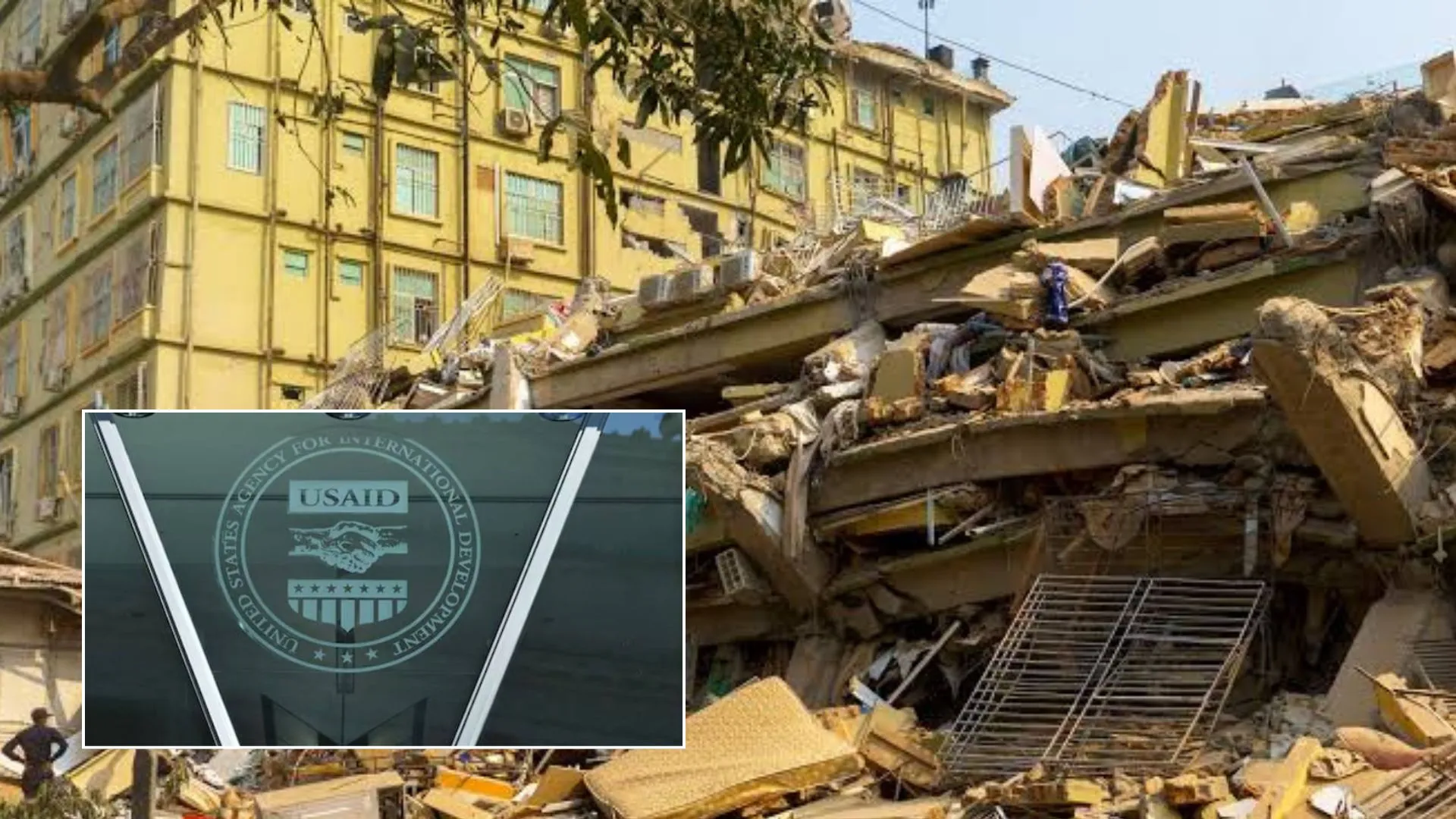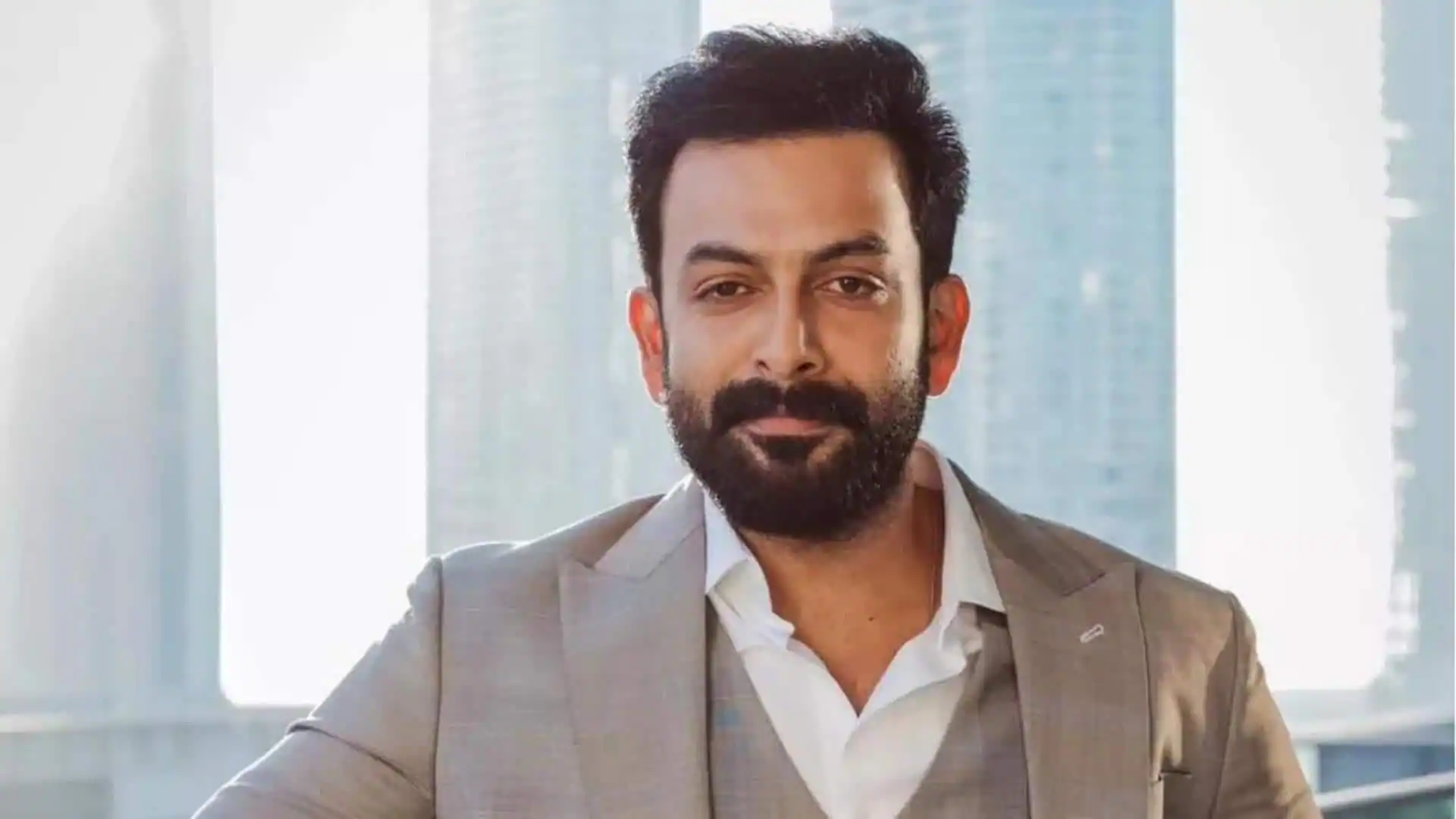In the four decades since the Islamic Revolution, Iran has built and supported a growing network of allied militant groups across the Middle East. The Quds Force, which is part of the Islamic Revolutionary Guard Corps (IRGC), plays a crucial role as the main link with these groups.
They provide training, weapons, and funding to help achieve Iran’s regional objectives. Iran’s armed forces have about 610,000 active personnel and 350,000 in reserve. Most of Iran’s main proxies are fighting forces from Shia-majority countries like Iraq and Lebanon. However, there are also groups from Sunni-majority areas such as Palestinian territories, Syria, and Yemen that have formed connections with Iran.
At the core of this network is Hezbollah, a Lebanese political party and militant group notorious for its acts of terrorism. Acting through proxies allows Iran to elude responsibility for actions it endorses but does not want to face retaliation for. Iran has successfully employed this strategy throughout the ongoing Israel-Hamas war.
In an exclusive conversation with NewsX, Vineet Malhotra, Senior Consulting Editor spoke to panelists namely, Major General (R) Dhruv Katoch, Director India Foundation, Dr Waiel Awwad, West Asia Strategist and Dr Swati Rao, Fellow MP-IDSA who shed light on how Iran provides various militant groups with training, weapons, and funding to achieve its regional objectives and how this strategy plays out in conflicts like the ongoing Israel-Hamas war. Here are the excerpts from the interview:
Dhruv Katoch, Director India Foundation: Israel Will Likely Try To Get Into South Lebanon | NewsX Exclusive
When asked about the conflict between Iran and Israel and if the proxies going to have a day out in the sun, Major General (R) Dhruv Katoch, Director India Foundation told NewsX, “When I look at this conflict, I do not see any invasion taking place of Israel. When we look at the war in 1973 or the Six-Day War which took place earlier, I don’t see any movement of troops by any of the surrounding countries getting into Israel. That is one point. Number two, as far as the other countries are concerned, if you’re looking at Lebanon, Syria, or from the Gaza Strip, these attacks through missiles, drones, and artillery will continue. From Lebanon, it has been considerably degraded but it will still continue.”
He continued, “From Iran, they have already carried out one massive attack with about 180 plus missiles, and they may actually repeat that procedure again and again. So, what I am looking at now is the response from Israel, which is going to be devastating to wherever the attacks originate. When these attacks are carried out on Israel, every single Israeli house has bomb shelters. However, in the Gaza Strip, the West Bank, and in all the other surrounding countries—whether it is Lebanon, Syria, or Iraq—while there are underground tunnels for the terrorist groups, as far as the civilian population is concerned, there is no shelter. They don’t have these bomb shelters, and no investment has been made there.”
Mr. Katoch also noted, “As this conflict progresses, Israel will likely try to get into South Lebanon, not the entirety of Lebanon, just South Lebanon because that is where the Shia population is concentrated and that is where the artillery attacks are coming from. Israel would like to come in about 10 km deep to eliminate that threat.” Mr. Katoch concluded, “If the battle progresses significantly and impacts the oil fields, then I am afraid India, China, and the rest of the world will also face very challenging times.”
When Iran Was Very Friendly With Israel
When asked to share his opinion on Israel is going to be attacked from all the sides but is getting support from the USA, Dr Waiel Awwad, West Asia Strategist told NewsX, “Well, I think the support of the Americans and the West has been constant throughout the history of Israel for the past 76 years. We know that the Americans have been supporting Israel, and the British promised them 100 years ago that they wanted to establish an Israeli state in the heart of Palestine. They think of it as a land without people, while we believe it is a land with people. Therefore, the crisis exists because they do not recognize the other side.”
He continued, “In 1948, when Israel came into existence after the 1947 UN Security Council resolution, the country was divided into two parts—55% of Palestine was given to the minority Jews, and 45% was given to the majority Arabs. This is where the crisis started. The problem, as you mentioned at the beginning of your program, relates to 1979, when Iran started involvement in the Middle East. Prior to 1979, Iran was very friendly with Israel. In fact, the Israeli president wrote to the American president, urging him to receive the Shah of Iran because Iran was a friend of Israel.”
Mr. Awwad also shared, “However, when the Islamic revolution happened, relations with Israel broke down. Iran opened the Palestinian embassy instead of the Israeli embassy, and ever since, the problem has escalated. Iran developed what is known as the “axis of resistance” from Syria to Iraq, from Iraq to Syria, Lebanon, Palestine, and Yemen. The existence of this axis is to ensure that the Palestinian cause is achieved by all means.”
Mr. Awwad concluded, “If we do not address this issue with the international community, the United States, and the West, then this region will face a regional war and catastrophe. As the Major General said, this will have a significant impact, and India will also be one of the stakeholders in food security, oil security, and global peace and security.”
Dr Swati Rao, Fellow MP-IDSA: Iran Has Built A Network Of Proxies
When asked if it is going to be a limited war since Iran won’t let its people suffer, Dr Swati Rao, Fellow MP-IDSA told NewsX, “Well, if you look at how Iran has been trying to wield its influence in the region, I will not take a purely West Asian view but instead try to take a more global perspective to understand this better. Iran has built a network of proxies; it finances, arms, and supports them, but it doesn’t entirely control them. We know about the three famous Hs: Hamas, Hezbollah, and the Houthis. But there are also other groups active in Syria and other parts of the Middle East.”
She further stated, “Iran has tried to spread its influence through these proxy troops, and that is what Israel has gone after. If you see Israel’s war strategy, it has been to weaken Hamas. They have tried to destroy as much as possible, but everyone understands that just killing the leaders of these groups will not resolve the problem. Ultimately, there has to be de-radicalization and a two-state solution, but this conflict will give Israel time to create a level playing field, which seems to be its strategy.”
Ms. Rao also said, “Iran has tried to spread its influence throughout the region through proxy troops. I do not think Iran is really interested in a full-fledged war because it probably doesn’t have the capabilities for that. Why do I say that? Firstly, Iran’s economy remains very fragile. Although it has managed to maintain a military presence in the region, it still lacks the capacity for a large-scale war. Additionally, the Israelis have been targeting the channels through which Iran arms itself. For example, today, news came out that Israeli forces bombed a base near Syria, close to a Russian base where Iran had recently received munitions meant for its proxies. Iran has also used its closeness with Russia to gain funds through cryptocurrency channels like Gritex. This war is not just relegated to the West Asian theater; other theaters are also getting involved.”
“America Has Said It Will Send More Troops”
Dr Swati Rao, Fellow MP-IDSA further told NewsX, “Iran is likely not interested in a full-fledged war because it cannot do it alone, and there is a significant American presence in the region. Let’s not forget that there are many US deployments in the Middle East. In the Eastern Mediterranean, there are American forces; in the Red Sea, there are several guided missile destroyers. The US and the UK have launched combined airstrikes against the Houthis, and Israeli forces have also targeted the Houthis recently in the Gulf of Oman.”
She added, “There are more than 40,000 American troops stationed across military bases in the region, and America has said it will send more troops. Even though America doesn’t want a full-fledged war, it has always expressed its support for Israel’s defense. What “defending” really means is a matter of interpretation, but the support to Israel is ironclad, and everyone understands the consequences of a direct war. Israel currently has an upper hand as it is targeting the proxies. Proxies provide perfect deniability for regimes like Iran, allowing them to influence without direct involvement.”
At the same time, there is pressure on Iran to prove to the world—especially the Middle East and its supporters—that it has the capability to remain the axis of resistance. But Iran doesn’t want direct involvement; it has always used proxies for influence. This is why Israel is going after the proxies.
The third factor is whether Israel decides to target Iran’s nuclear facilities, although I doubt this will happen. These larger parameters will decide whether the war will escalate further. I don’t think it will become an all-out war for the reasons mentioned, but it is an opportunity for Israel to weaken the axis of proxies, which has been the modus operandi through which this conflict has been waged.”
Check the full interview here:























